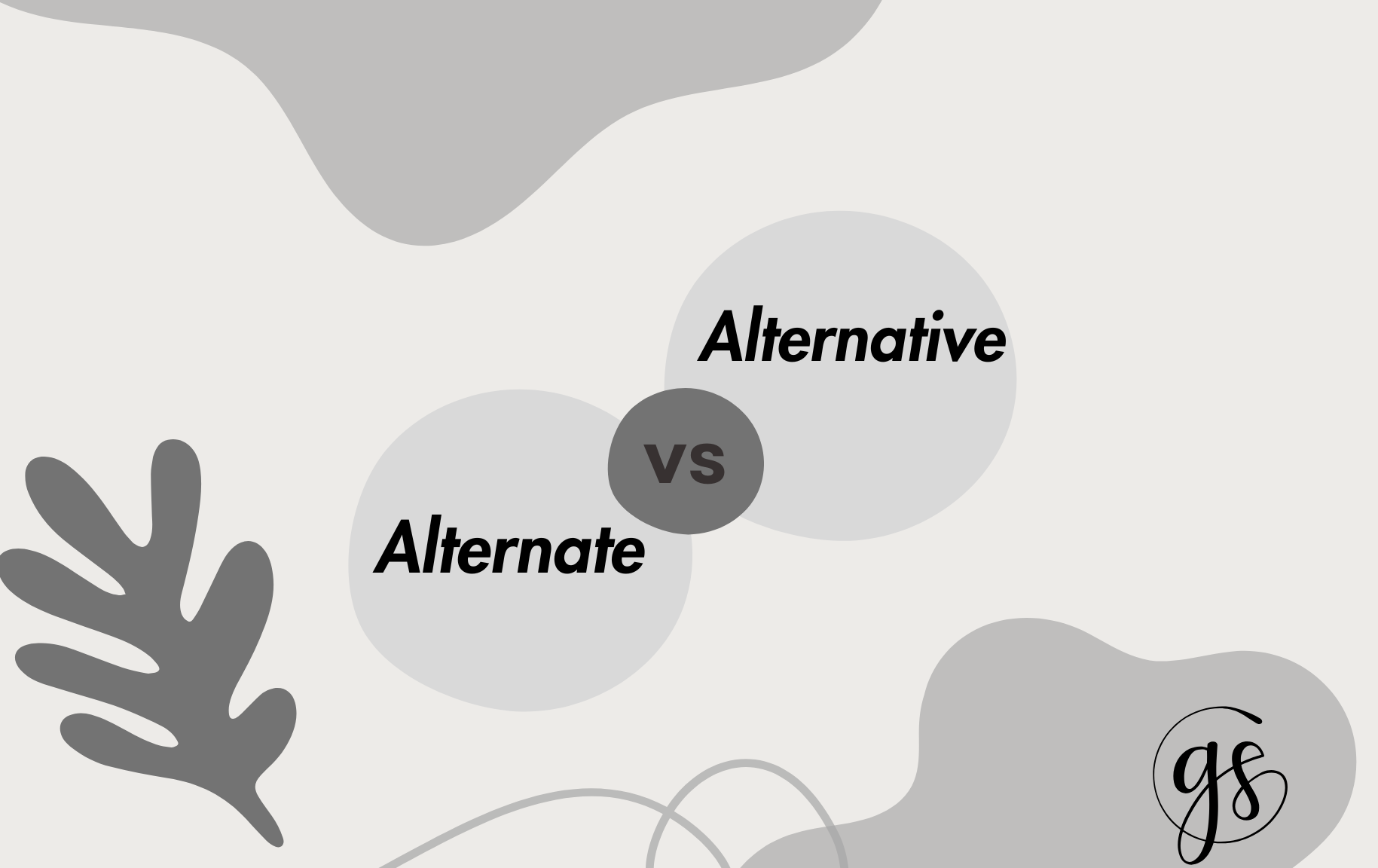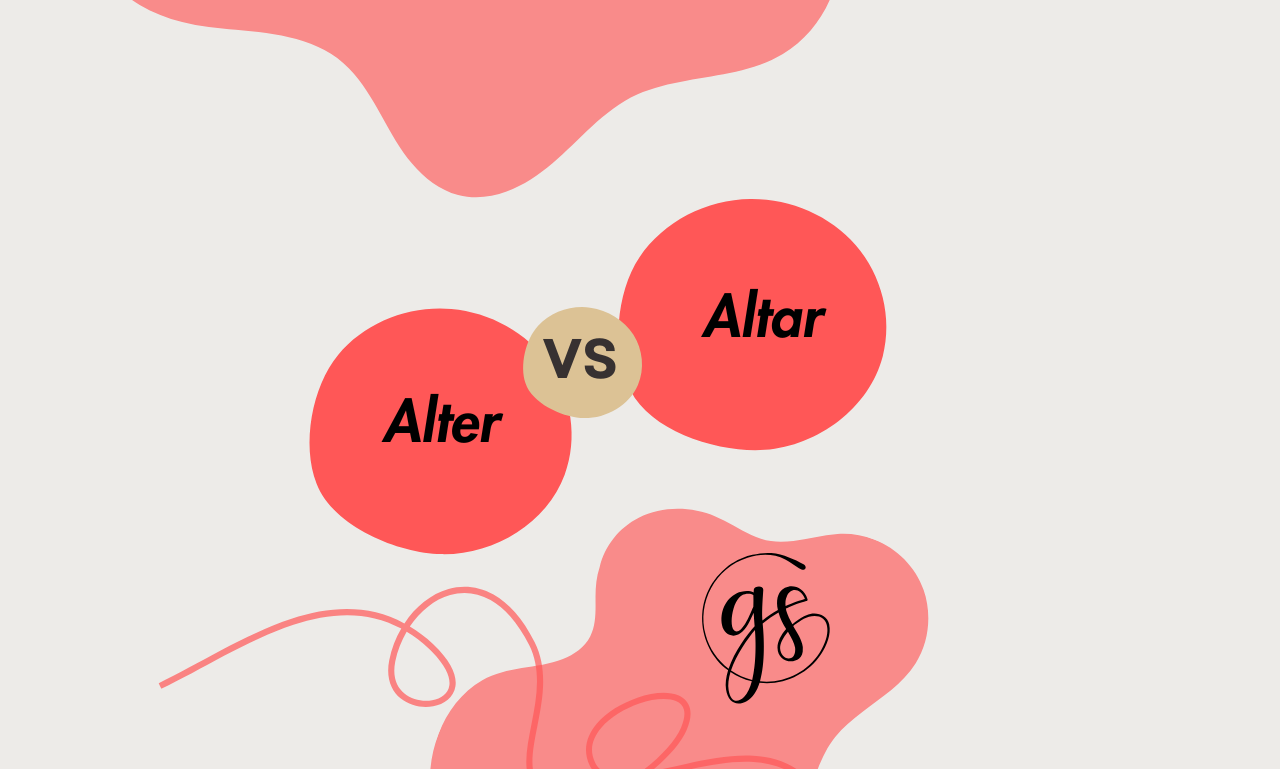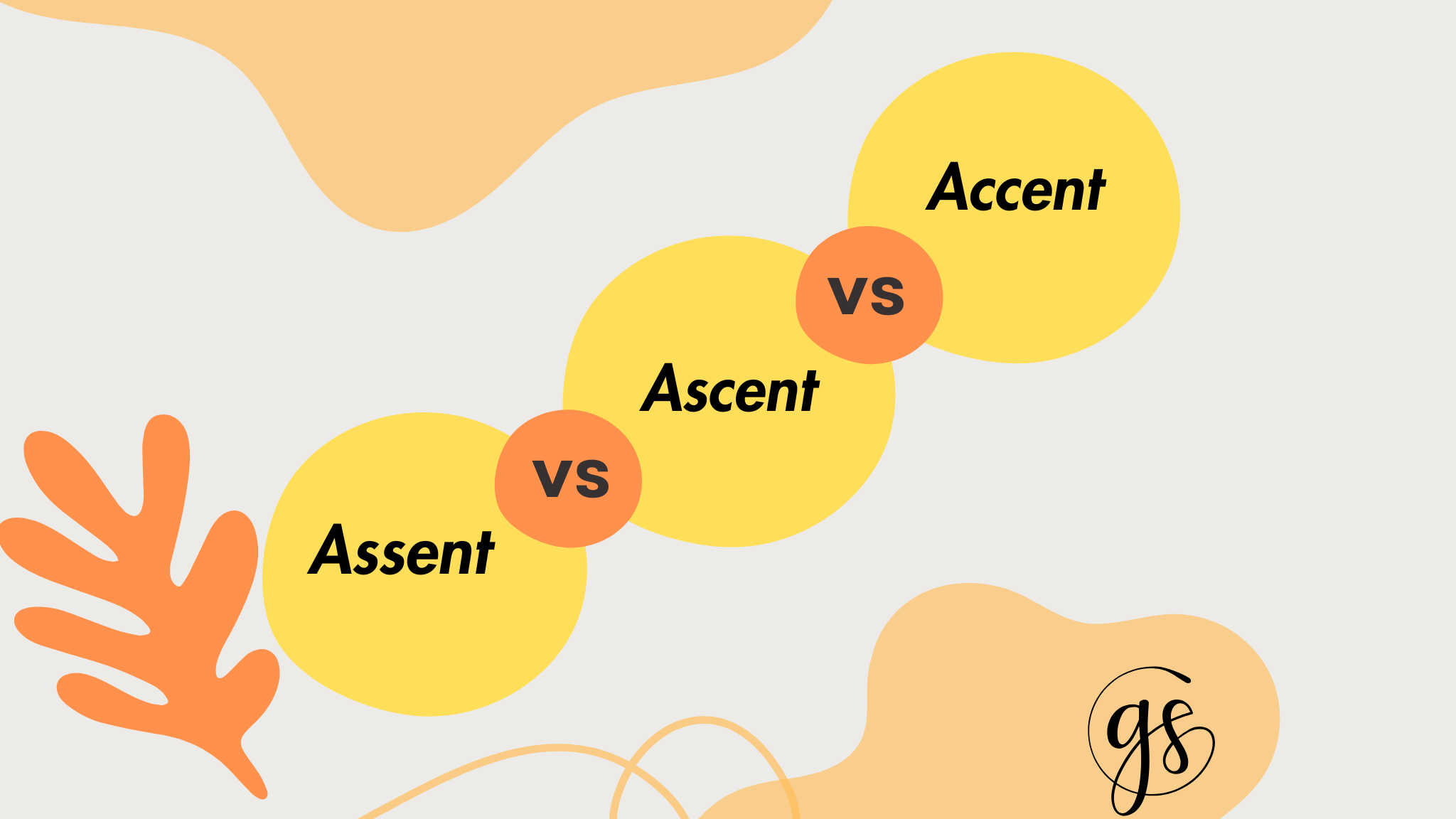Introduction
Connotation is a concept or emotion that a word draw out for an individual, beyond its explicit or primary definition.
Connotation means an idea or feeling which a word invokes for a person in addition to its literal or primary meaning.
What does “connotation” mean?
Connotation defines that emotional and cultural associations that come with a word beyond its literal meaning.
George Orwell manipulate connotation to create stark political critiques within their texts. In 1984, words such as freedom or peace are stripped of their positive associations through the practice of Newspeak, a language designed to limit critical thought.
Orwell highlights how language can be weaponized; by altering connotations associated with certain terms, those in power can reshape reality itself.
Claudia Rankine, language becomes infused with urgency and poignancy as she explores themes of race and identity. Her use of seemingly simple phrases takes on complex connotations that resonate deeply within social contexts, transforming her work into a powerful reflection on modern America.
Difference between positive and negative
| Positive connotation | Negative connotation |
| Positive connotation refers to words that evoke uplifting or favorable feelings. | Negative connotation concern to the adverse, unfavorable, or unpleasant implications that a word or phrase extract beyond its literal definition. |
| For instance, describing someone as youthful suggests energy and vitality, while calling them immature brings forth images of irresponsibility and childishness. | Consider the term frugal versus stingy. While being frugal implies wise management of money, being stingy suggests selfishness and a lack of generosity. |
Difference between denotation and connotation
| Denotation | Connotation |
|---|---|
| Denotation refers to the literal meaning of a word | Connotation, on the other hand, encompasses the emotional or cultural associations tied to a word |
| For example, when I think of the word home, its denotation evokes an image of a physical structure where one lives. | For example, when I hear home, it brings forth feelings of comfort, safety, and belonging elements far removed from its simple definition as a building. |
Connotation synonyms
- Implication
- Denotation
- Nuance
- Explicitness
- Association
Connotation antonyms
- Clarity
- Undertone
- Directness
- Suggestion
- Literal meaning
Connotation examples
- Home:
- Positive connotation: “home” evokes feelings of comfort, safety, and warmth.
- Negative connotation: “house” can feel more impersonal or merely physical.
- Childlike:
- Positive connotation: suggests innocence and playfulness.
- Negative connotation: “childish” implies immaturity or silliness.
- Slim:
- Positive connotation: suggests health and fitness.
- Negative connotation: “skinny” can imply frailty or lack of strength.
- Economical:
- Positive connotation: suggests efficiency and smart spending.
- Negative connotation: “cheap” implies low quality or lack of value.
- Assertive:
- Positive connotation: indicates confidence and decisiveness.
- Negative connotation: “aggressive” can suggest hostility or overbearing behavior.
- Curious:
- Positive connotation: suggests eagerness to learn and explore.
- Negative connotation: “nosy” implies intrusive or prying behavior.
Conclusion
Understanding connotation is essential for effective communication, as it allows us to appreciate the deeper emotional and cultural nuances that words can convey. By recognizing how different audiences may interpret language based on their personal experiences and backgrounds, we can tailor our messages for greater impact.
FAQs
What is a good sentence for connotation?
The symbols on the dresses tend to change and have their own connotations. But now, trips to the Southwest have had more of a ‘getaway’ connotation. Nowadays, the word still refers to a temporary place to live, but the connotation is far grander.
How do you use connotative in a sentence?
The turbulent voices, even Guy Pollock being connotative beside her, were nothing.




